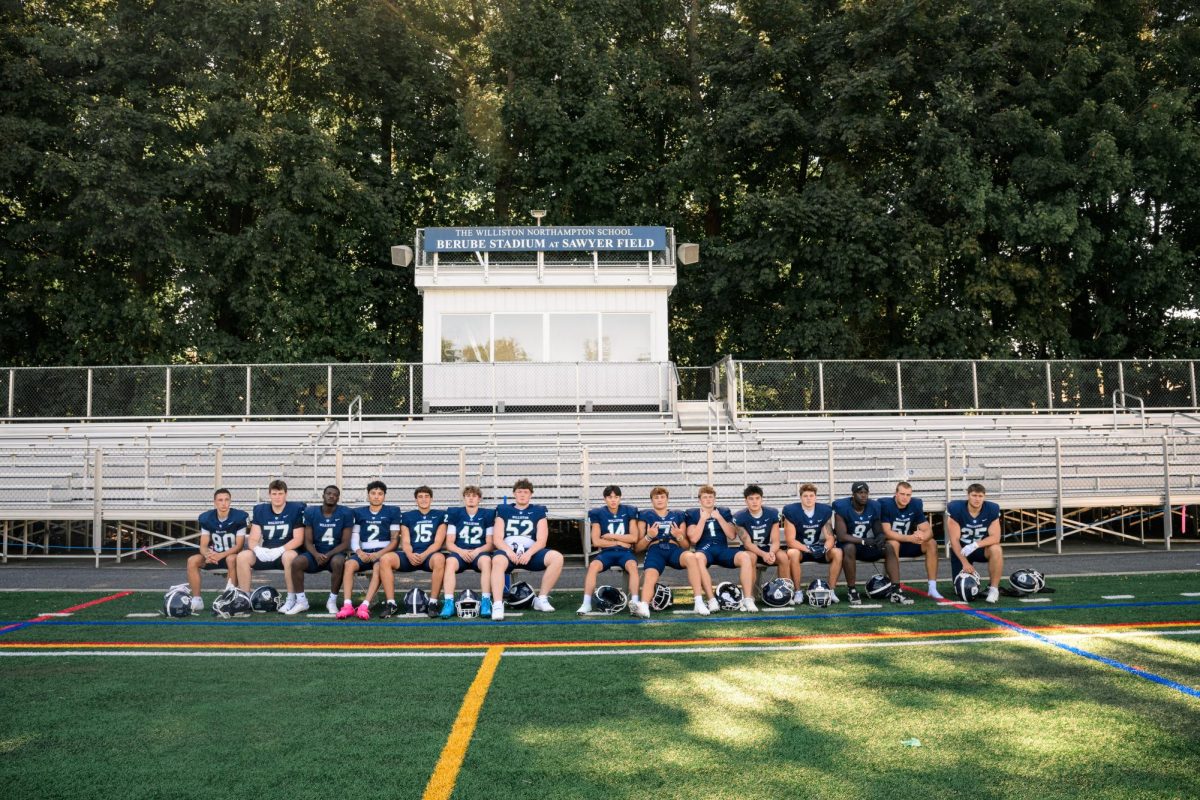In today’s fast-paced world, academic success is often viewed as the key to a bright future. But for many students, the pursuit of excellence can quickly become overwhelming, leading to what we term “academic overachievement.”
The term “overachiever” is often linked to high performers—students who exceed expectations and set ambitious goals. However, there’s a fine line between healthy ambition and the toxic drive for perfection. In competitive educational environments, students often find themselves trapped in a cycle of relentless achievement, where even the smallest deviation from success can feel like a monumental failure. While the outward signs of academic overachievement are nice to look at, the internal costs are much less visible.
Students who push themselves to overachieve often develop chronic anxiety, perfectionism, and fear of failure. These emotional strains can result in burnout, depression, and even suicidal thoughts in extreme cases. A 2022 study from the Harvard Graduate School of Education found that students who set excessively high standards for themselves were more likely to experience chronic stress and mental health issues. Yet, many avoid seeking help in fear of being perceived as incapable.
For some students, academic performance becomes synonymous with self-worth, exacerbating feelings of inadequacy when they don’t meet their own high standards. Addie Eakin, a sophomore boarder at Williston, reflects on how the definition of academic success has shifted over time.
“I personally define it as getting good grades—whether that’s homework, tests, or quizzes—and really trying to stay in the A range. But that definition has definitely changed,” says Addie. “Especially at Williston, there’s a lot of pressure to define success based on grades rather than truly understanding the material. It’s not just about knowing the content, it’s about the grade you get.”
This pressure is accompanied with comparison, which becomes an almost inevitable part of student life where academic achievement is highly valued. “Comparison is a big struggle for me,” Addie shares. “We compare our grades to others, or what we get on tests and assignments. It’s all about trying to meet unspoken standards, like going to a good college or earning awards. It creates this urge to always do more, do better, and succeed in every way.”
The pressure isn’t just academic. Addie notes how winter, a particularly challenging time in the school year, amplifies the sense of burden: “There’s even more pressure because teachers try to cram in more assignments before the breaks. It’s exhausting—Not only do we have to maintain good grades, but we have to keep up with social life, sports, extracurriculars, and everything else. It’s just a lot.”
She compares the feeling of academic pressure to being weighed down by a heavy rock. “Sometimes it feels like I’m being chained down in an ocean, and I can’t swim up for air until it’s over. Then, once it’s done, I feel free again,” she explains.
The weight of these expectations is felt even more acutely when societal pressures for our future come into play. “The idea of success is often tied to getting into a top-tier school,” Addie says. “But that creates this narrative that if you can’t get into an Ivy, you’ve somehow failed. And that pressure is a huge part of my experience at Williston and in other boarding schools. The belief is that if you endure this stress and perform well for four years, you’ll end up at a great college and secure a successful career and life. And that doesn’t leave much room for other paths.”
In Addie’s view, this obsessive focus on academic achievement can be harmful. “Academic success shouldn’t just be measured by a grade. It’s unfortunate that we live in a society that prioritizes grades over personal well-being. We need to find a balance.”
The rise of social media only spirals this pressure. “Social media definitely plays a role in all of this. It builds a toxic environment where people share their successes while overlooking the struggles that come with those achievements. It’s easy to feel like you’re not doing enough when you see all these curated images of success online.”
Despite the overwhelming pressures, she finds some solace in reminding herself that academic stress is temporary. “It’s hard when the pressure feels unrelenting, but I try to remind myself that this isn’t forever,” she says. “I’m going to go somewhere, and that’s okay. Not everyone has to go to an Ivy League school to be successful. You don’t have to chase after something that isn’t even real. Success is more than grades or prestige.”
In the end, the pursuit of academic success should never come at the expense of mental health or personal happiness. As Addie’s story reveals, it’s essential to redefine what success truly means, acknowledging that well-being and self-worth should be the primary measures of achievement, not just grades.
Another junior boarder offers a similar perspective. “Academic success, for me, isn’t just about the grade you get, but how much effort you put into it,” the student shares. “I used to focus only on the grade, but now it feels more rewarding when I really understand the material, even if the grade isn’t perfect.”
However, the pressures of academic performance still weigh heavily on him, particularly because of the emphasis placed on achieving high grades. “I do pressure myself academically,” he admits. “As an athlete, there’s pressure to perform well both on the field and in the classroom. If your grades aren’t good enough, it can affect your future college prospects, especially for sports recruitment. But it’s stressful, and sometimes it feels like there’s no balance.”
He acknowledges that letter grades don’t define a person’s worth, but the pressure to achieve academically still shapes his approach to school. “Not everyone is destined for straight A’s,” he notes. “Some people are just bad test takers or have trouble with study habits. But there’s still this stigma around getting anything lower than an A, especially in a place like this.”
The student emphasizes that success should be measured not just by grades, but by effort and consistency. “Success, to me, is about working at it. Whether it’s academics or sports, practice leads to improvement. It’s not always about being perfect, but about putting in the work over time.”
For both boarders, the key takeaway is that academic achievement, while important, shouldn’t define a person. In an environment that prioritizes success over well-being, they both strive to redefine what success truly means—acknowledging that balance and mental health should come first, even amidst the pressures of our modern society.
And for Lola Neyens, her take is clear: “Academic overachievement? Yeah, I don’t have that.”
Sometimes, the best way to navigate the chaos is a reminder that it’s okay not to take it all so seriously.
The Overachiever’s Dilemma
2
More to Discover
About the Contributor
Dannielle Lu ‘27, Associate Editor
Dannielle Lu is a sophomore from Shanghai, China. She enjoys spending time painting, dancing, and writing short stories.





















